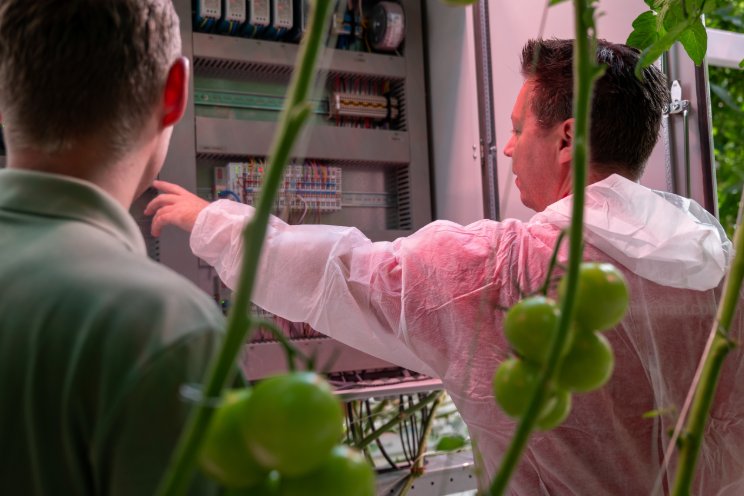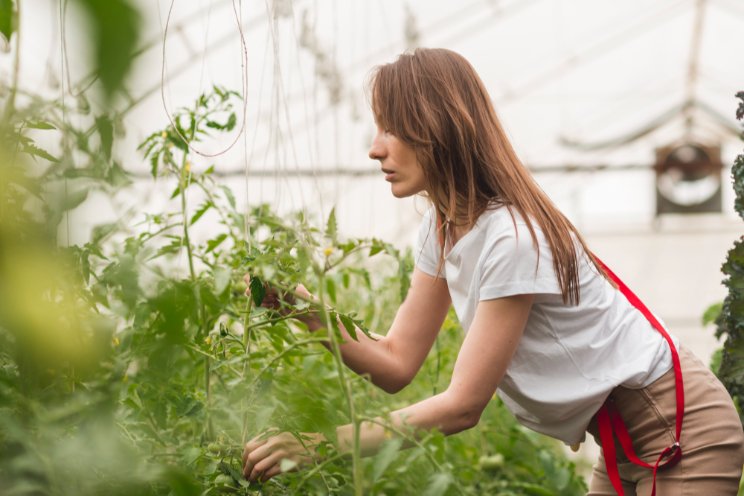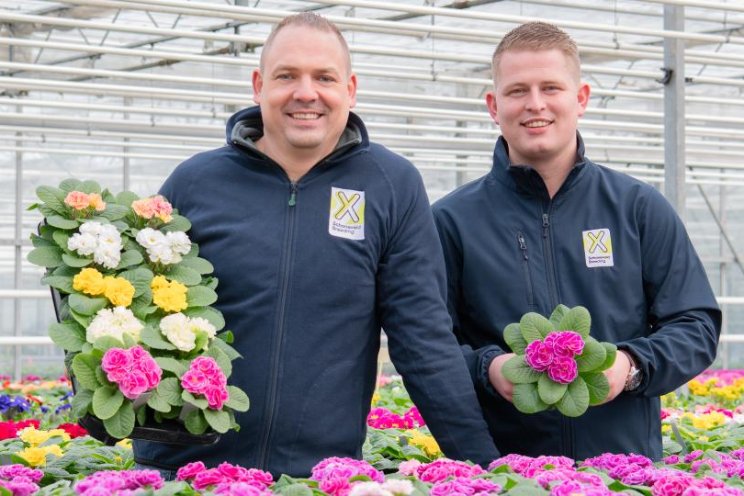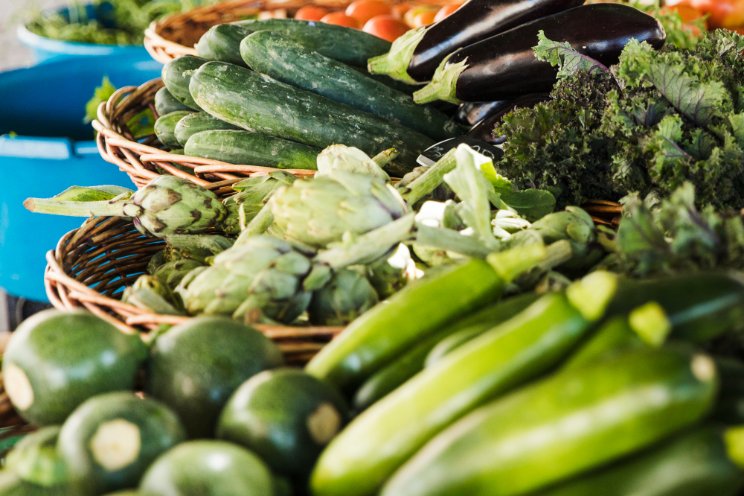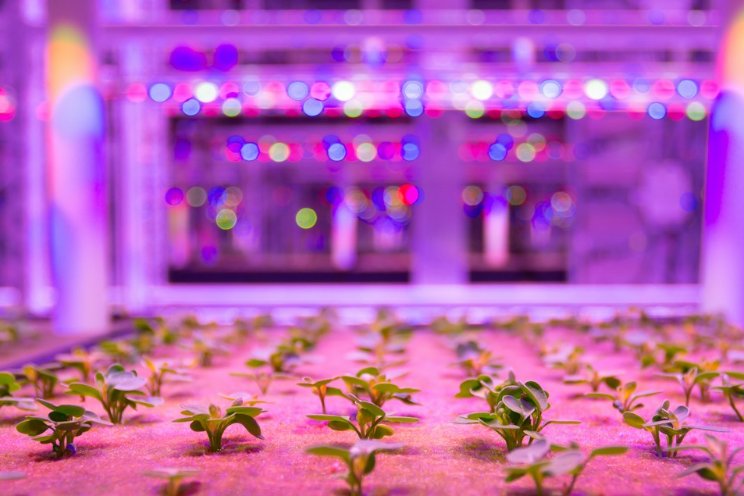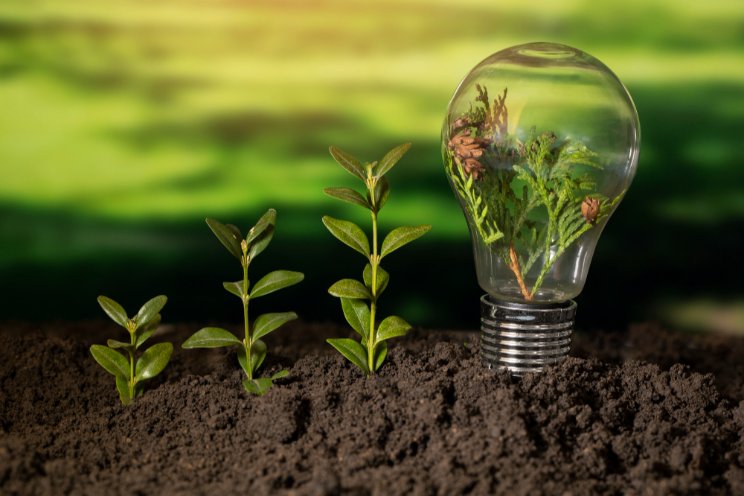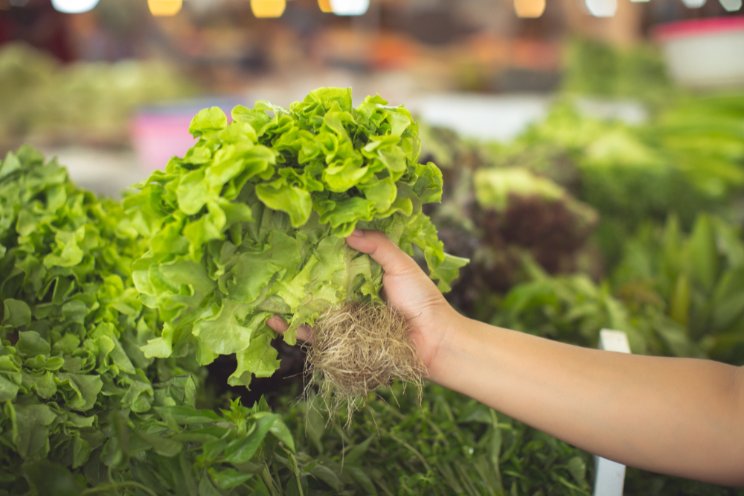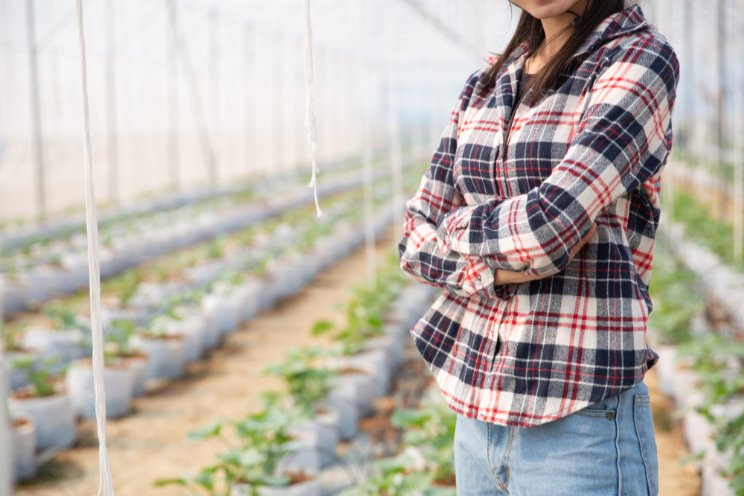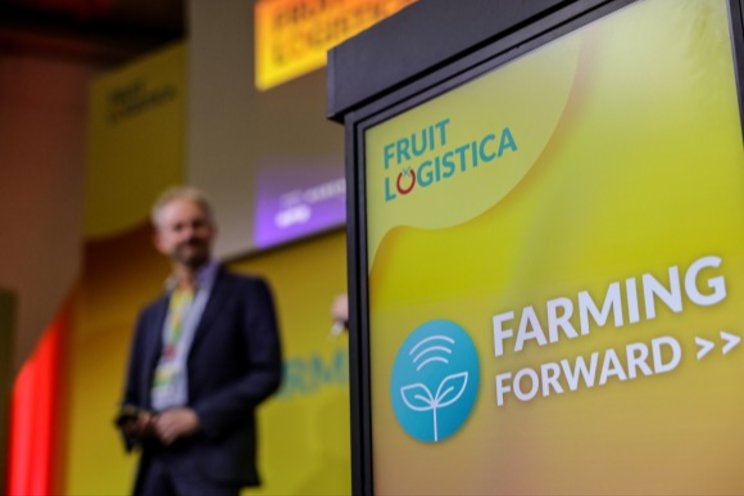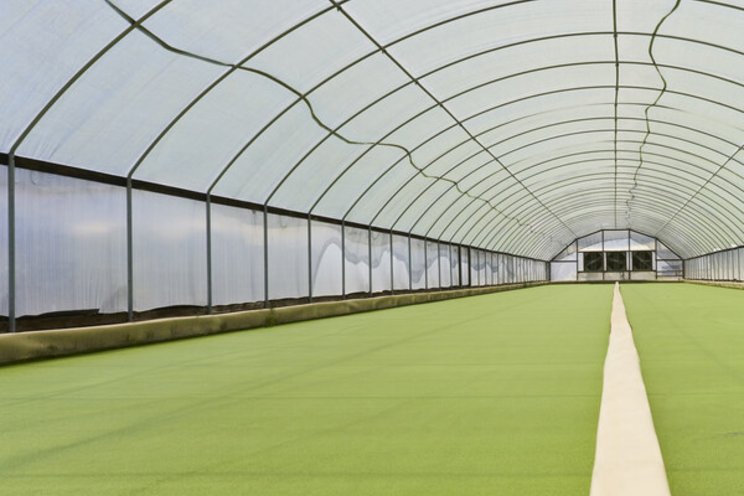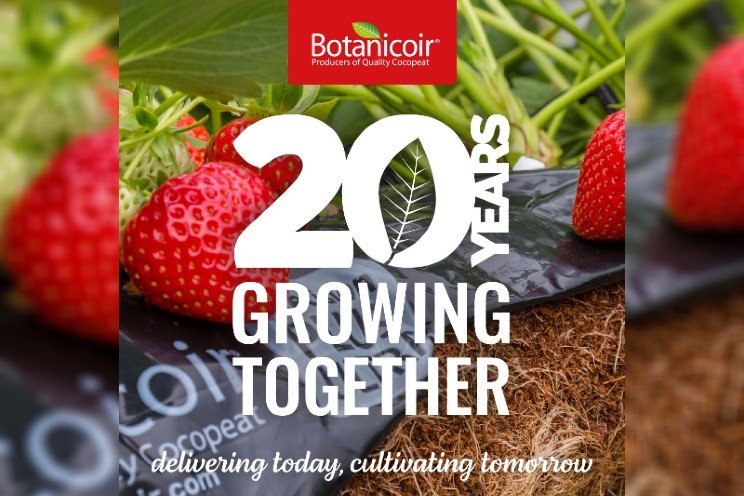Using AI in agriculture could boost global food security
Added on 04 April 2022
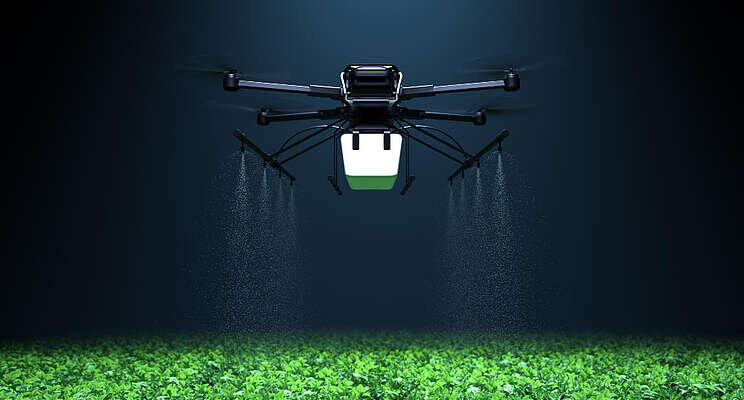
A variety of mechanical and chemical innovations delivered during the 1950s and 1960s represented the third agricultural revolution. The adoption of pesticides, fertilisers and high-yield crop breeds, among other measures, transformed agriculture and ensured a secure food supply for many millions of people over several decades.
Concurrently, modern agriculture has emerged as a culprit of global warming, responsible for one-third of greenhouse gas emissions, namely carbon dioxide and methane.
Meanwhile, inflation on the price of food is reaching an all-time high, while malnutrition is rising dramatically. Today, an estimated two billion people are afflicted by food insecurity (where having access to safe, sufficient and nutrient-rich food isn't guaranteed). Some 690 million people are undernourished.
The third agricultural revolution may have run its course. And as we search for innovation to usher in a fourth agricultural revolution with urgency, all eyes are on artificial intelligence (AI).
AI, which has advanced rapidly over the past two decades, encompasses a broad range of technologies capable of performing human-like cognitive processes, such as reasoning. It's trained to make these decisions based on information from vast amounts of data.
Using AI in agriculture
In assisting humans in fields and factories, AI may process, synthesise and analyse large amounts of data steadily and ceaselessly. It can outperform humans in detecting and diagnosing anomalies, such as plant diseases, and making predictions including about yield and weather.
Across several agricultural tasks, AI may relieve growers from labour entirely, automating tilling (preparing the soil), planting, fertilising, monitoring and harvesting.
Algorithms already regulate drip-irrigation grids, command fleets of topsoil-monitoring robots, and supervise weed-detecting rovers, self-driving tractors and combine harvesters. A fascination with the prospects of AI creates incentives to delegate it with further agency and autonomy.
This technology is hailed as the way to revolutionise agriculture. The World Economic Forum, an international nonprofit promoting public-private partnerships, has set AI and AI-powered agricultural robots (called "agbots") at the forefront of the fourth agricultural revolution.
Photo created by user6702303 - www.freepik.com
Source: Cape Business News
More news
